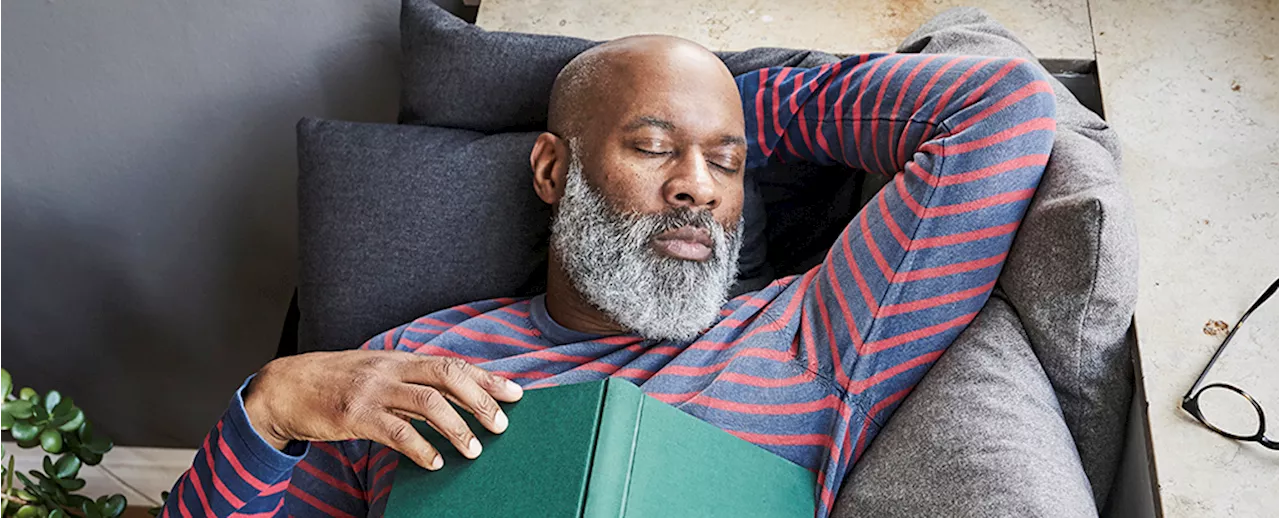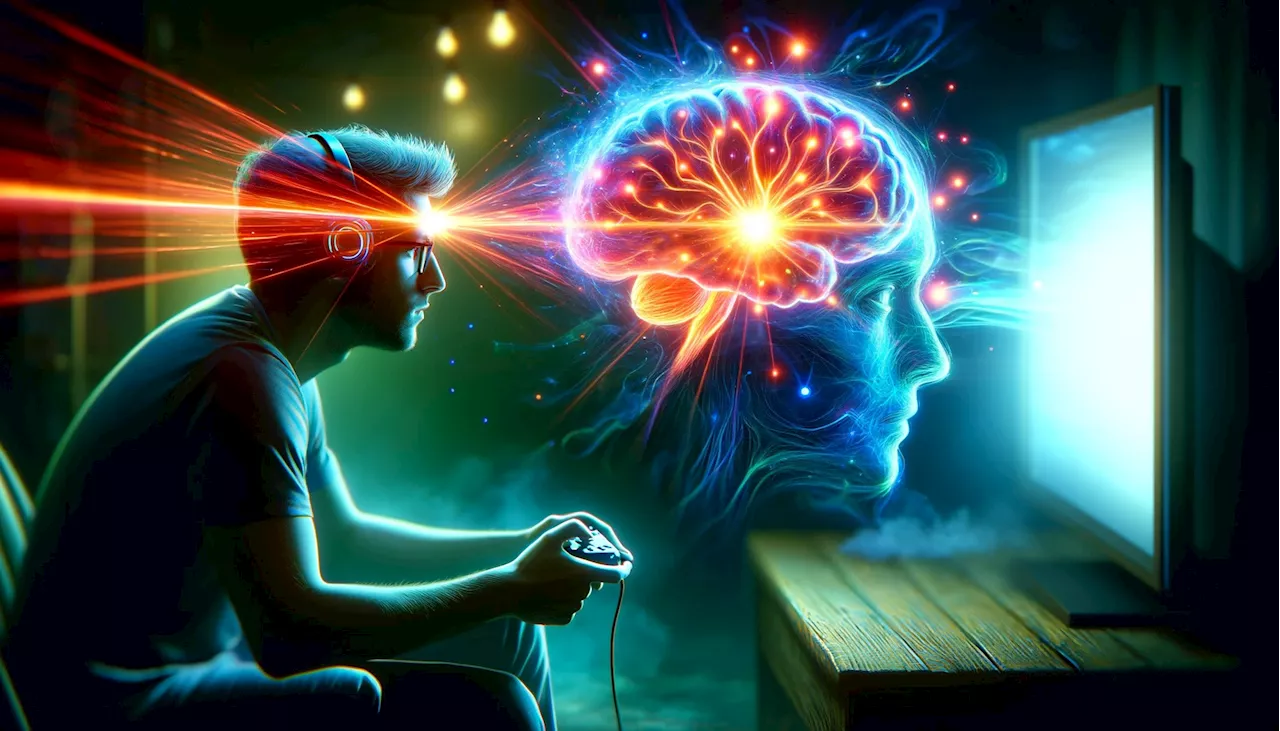What if changes in a person's stress levels could be detected while they sleep using wearable devices? A new study find changes in perceived stress levels reflected in sleep data -- an important step towards identifying biomarkers that may help flag individuals in need of support.
What if changes in a person's stress levels could be detected while they sleep using wearable devices? A new study find changes in perceived stress levels reflected in sleep data -- an important step towards identifying biomarkers that may help flag individuals in need of support.
When parsing baseline sleep data, the researchers found"consistent associations" between people's perceived stress scores and factors such as total sleep time, resting heart rate and heart rate variability, and respiratory rate. While it's no surprise that most participants received less than the recommended 8 to 10 hours of sleep for young adults, the minutes do matter.
College students, in general, don't sleep enough, often feel stressed, and are at greater risk of experiencing mental health issues. The LEMURS research team will also evaluate the effectiveness of interventions such as exercise, excursions into nature, and group therapy -- all interventions which have previously shown improvements in health and wellbeing -- to understand which work best and how quickly scalable they are for large populations.
These potential predictors of stress led to a sleep analysis of LEMURS participants by Fudolig which detected two distinct heart rate curves, particularly among women. We find that those who reported an impairment in their daily life due to anxiety or depression had heart rates that dropped later in the night, she explains.The COVID-19 pandemic worsened mental health problems for an already vulnerable population.
Additional UVM researchers involved in this study include Julia Kim, Jordan Llorin, Juniper Lovato, Matt Price, Taylor H. Ricketts, Peter Sheridan Dodds, Kathryn Stanton, and Christopher M. Danforth, working with Ellen McGinnis and Ryan McGinnis . This is the first peer-reviewed paper from UVM's Lived Experience Measured Using Rings Study, a longitudinal investigation using wearable technologies to detect and incentivize positive changes in physical and mental health.
Sleep Disorder Research Workplace Health Mental Health Sleep Disorders Depression Civil Engineering Materials Science Consumer Electronics
Deutschland Neuesten Nachrichten, Deutschland Schlagzeilen
Similar News:Sie können auch ähnliche Nachrichten wie diese lesen, die wir aus anderen Nachrichtenquellen gesammelt haben.
 Sleep Scientists Reveal How Often To Exercise To Reduce Insomnia RiskPersistence over the study period saw participants who were 42 percent less likely to find it difficult to fall asleep at night.
Sleep Scientists Reveal How Often To Exercise To Reduce Insomnia RiskPersistence over the study period saw participants who were 42 percent less likely to find it difficult to fall asleep at night.
Weiterlesen »
 Scientists Identified Four Distinct Sleep Types – And How They Affect HealthThe Best in Science News and Amazing Breakthroughs
Scientists Identified Four Distinct Sleep Types – And How They Affect HealthThe Best in Science News and Amazing Breakthroughs
Weiterlesen »
 In a first, scientists measure qubits using infrared sensorsThe conventional method of detecting qubits is not scalable. However, with 'nanobolometers' scientists can achieve a single-shot qubit reading.
In a first, scientists measure qubits using infrared sensorsThe conventional method of detecting qubits is not scalable. However, with 'nanobolometers' scientists can achieve a single-shot qubit reading.
Weiterlesen »
 Scientists uncover evidence of stars turning magnetic post-mergeA star among the stellar twins acquired its magnetic field via a violent clash and merger with a third star in the HD 148937 system.
Scientists uncover evidence of stars turning magnetic post-mergeA star among the stellar twins acquired its magnetic field via a violent clash and merger with a third star in the HD 148937 system.
Weiterlesen »
 Improved Attention and Memory: Scientists Uncover New Cognitive Benefits of Video GamesScience, Space and Technology News 2024
Improved Attention and Memory: Scientists Uncover New Cognitive Benefits of Video GamesScience, Space and Technology News 2024
Weiterlesen »
 Scientists find blue light makes buildings more deadly to migrating birdsBird collisions with buildings are nothing new, but a new study by scientists at The University of New Mexico sheds light on a potential cause.
Scientists find blue light makes buildings more deadly to migrating birdsBird collisions with buildings are nothing new, but a new study by scientists at The University of New Mexico sheds light on a potential cause.
Weiterlesen »
